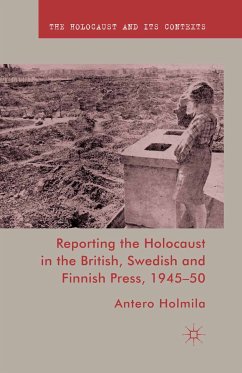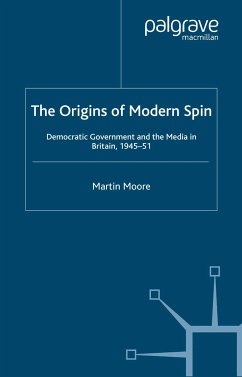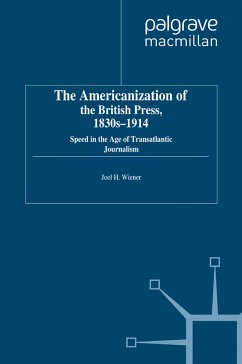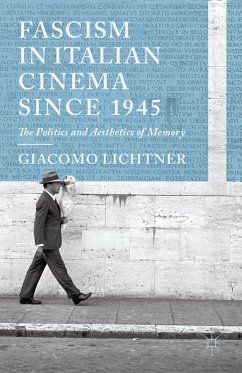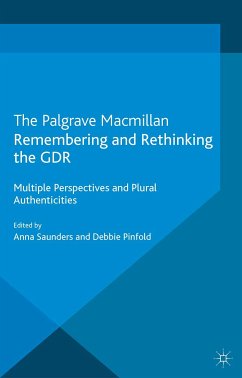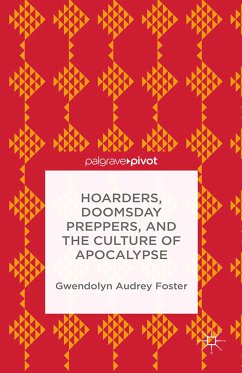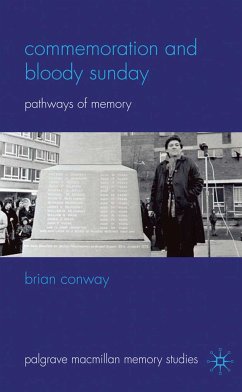
Commemoration and Bloody Sunday (eBook, PDF)
Pathways of Memory
Versandkostenfrei!
Sofort per Download lieferbar
40,95 €
inkl. MwSt.
Weitere Ausgaben:

PAYBACK Punkte
20 °P sammeln!
In this wide-ranging study of the politics of memory in Northern Ireland, Brian Conway examines the 'career' of the commemoration of Bloody Sunday, and looks at how and why the way this historic event is remembered has undergone change over time. Drawing on original empirical data, he provides new insights into the debate on collective memory.
Dieser Download kann aus rechtlichen Gründen nur mit Rechnungsadresse in A, B, BG, CY, CZ, D, DK, EW, E, FIN, F, GR, HR, H, IRL, I, LT, L, LR, M, NL, PL, P, R, S, SLO, SK ausgeliefert werden.



